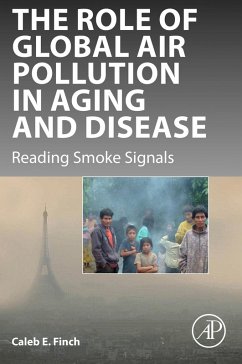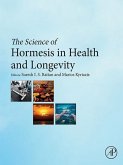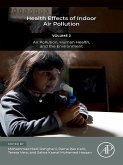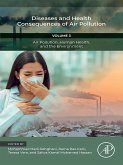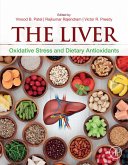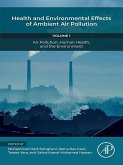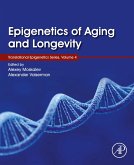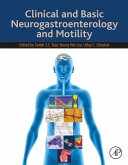In humans and animals, air pollution stimulates chronic inflammation in different organs, and genetic vulnerability to air pollution is being recognized, particularly for carriers of the Alzheimer risk gene ApoE4.
- Connects environmental pollution research to the human aging process
- Raises new issues relevant to the controversies on air pollution and global warming, challenging assumptions that lifespan will continue to increase in the 21st Century
- Examines the burden of air pollution to disadvantaged populations, with anticipated greater impact in developing countries which rely on fossil fuels for economic development in future decades
Dieser Download kann aus rechtlichen Gründen nur mit Rechnungsadresse in A, B, BG, CY, CZ, D, DK, EW, E, FIN, F, GR, HR, H, IRL, I, LT, L, LR, M, NL, PL, P, R, S, SLO, SK ausgeliefert werden.

